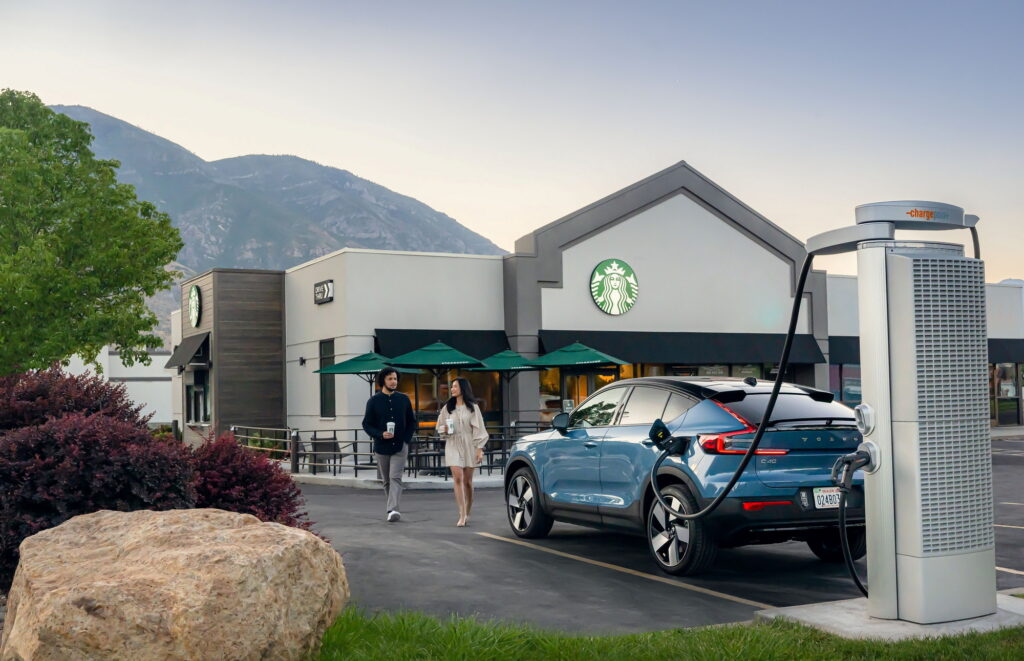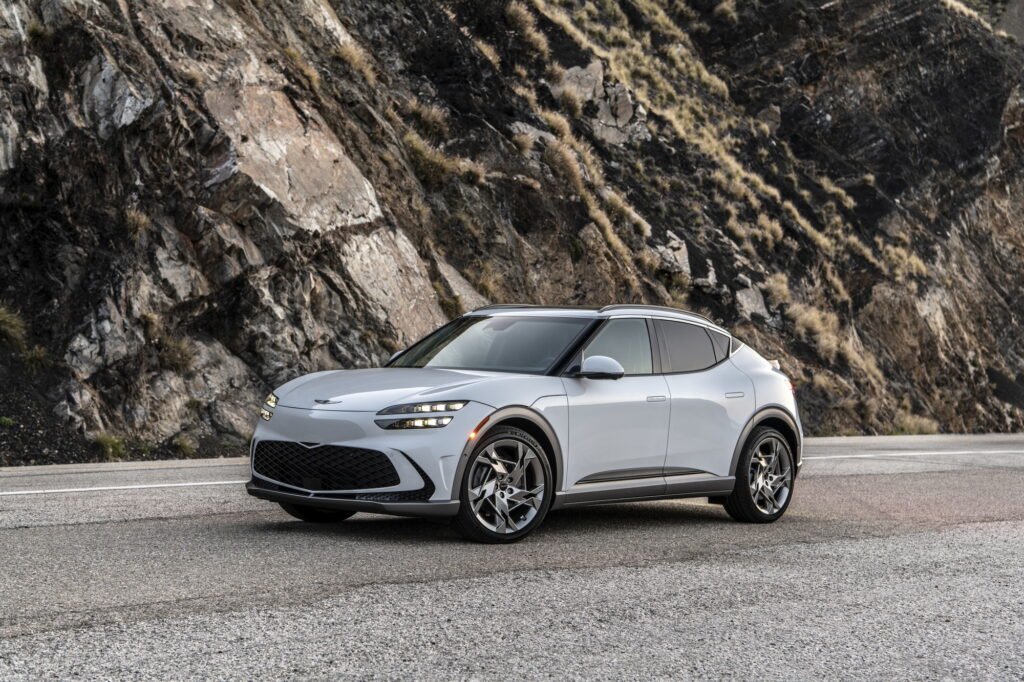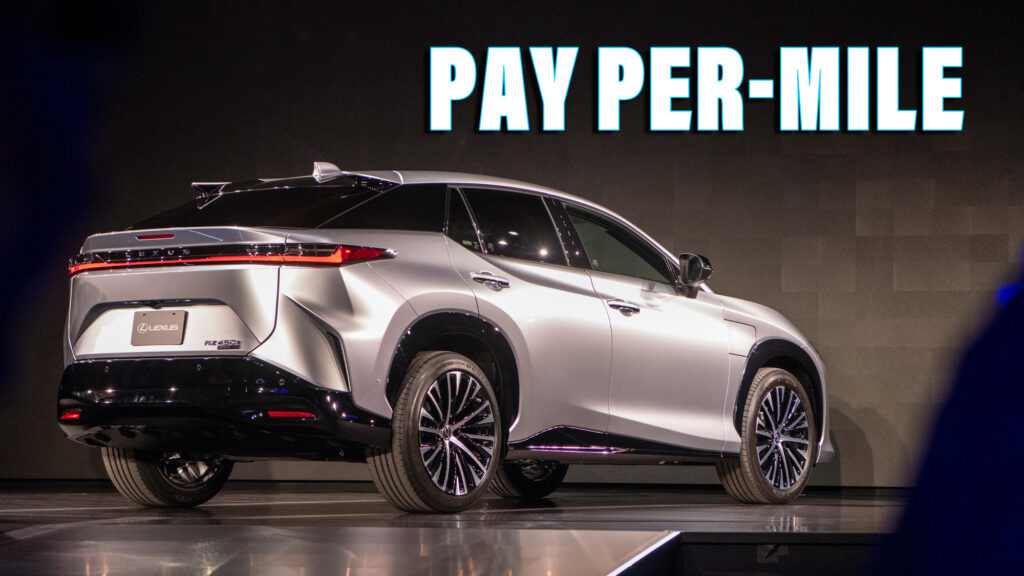One of the important ways that the state of Washington collects taxes to maintain roads is through the use of a gas tax. As EVs become more and more prevalent, though, the effectiveness of the tax will continue to diminish, so the state is looking to find a new way to raise that money.
With the introduction of Washington state House Bill 1832, it is looking to introduce a new Road Usage Charge (RUC) program that would charge drivers 2.5 cents per mile, reports KOMO News. Per the legislation, though, drivers of EVs and hybrids would only have to participate in the program voluntarily as of July 2026.
Why would you volunteer to pay 2.5 cents per mile? Well, for the first four years of the program, subjecting themselves to the RUC would make EV and hybrid drivers eligible for refunds on licensing fees, which can cost as much as $275 per year. According to Policy Genius, the average Washington resident drives nearly 11,000 miles (17,702 km) per year, which at that rate, amounts to a little less than $275 in road usage charges per year.
Read: Washington State Governor Signs Bill To Ban Sale Of New ICE Cars By 2030

By 2030, though, the RUC will become mandatory for all drivers, if the bill is passed. That will be an important shift, because by 2035, the state of Washington plans to ban the sale of new internal combustion engine vehicles.
The RUC will be charged on all interstates, state highways, as well as on city and county maintained roads, but the charge will not apply on private roads. To tell the difference, the government is looking at a variety of ways to track mileage. That includes in-vehicle telematics, improved smartphone apps, as well as the use of private businesses to provide odometer verification.
That is an issue to some Washingtonians, who say that the use of GPS trackers is a privacy concern. In addition, Mairiya Frost, of the Washington Policy Center, cited concerns about how the state will tell the difference between miles driven within the state and out of it, as well as the question of how to charge drivers from out of state.
For Jake Fey, the chair of the state house transportation committee, though, the RUC is an important way to keep Washington’s transportation budget from shrinking more than it already has.









